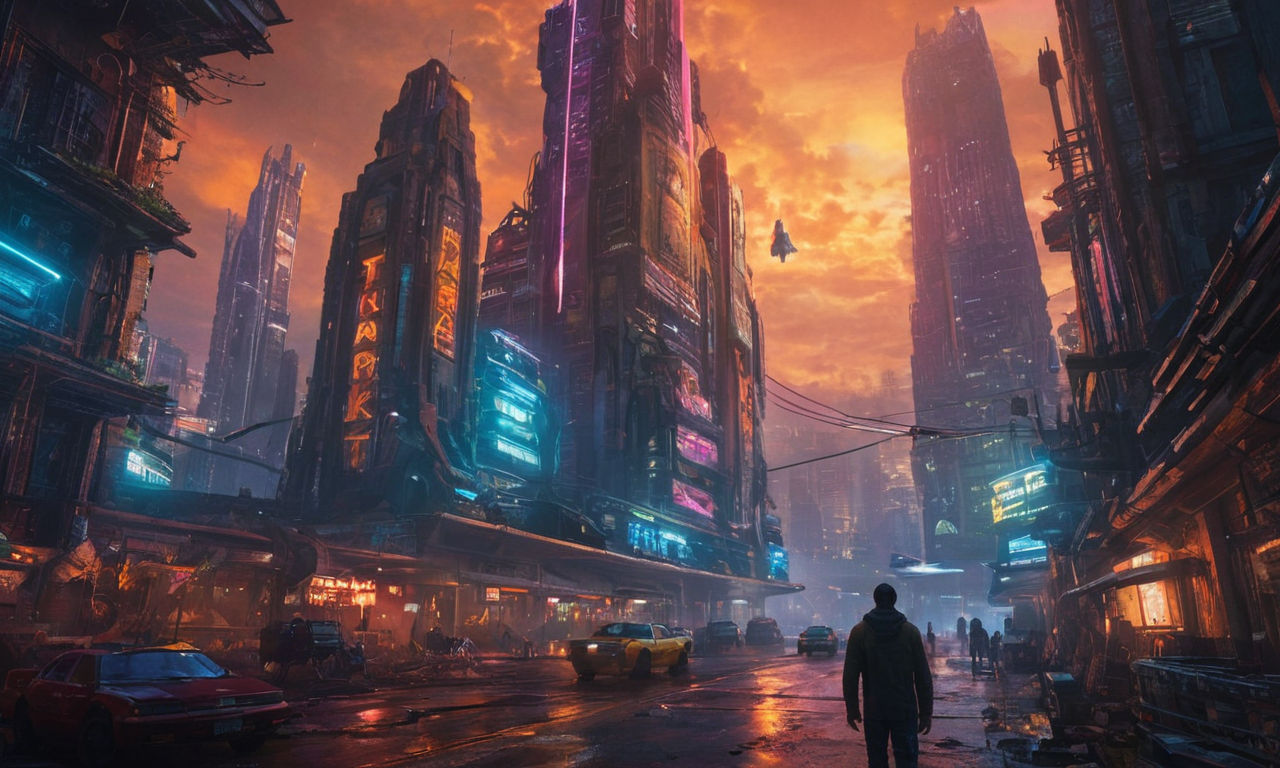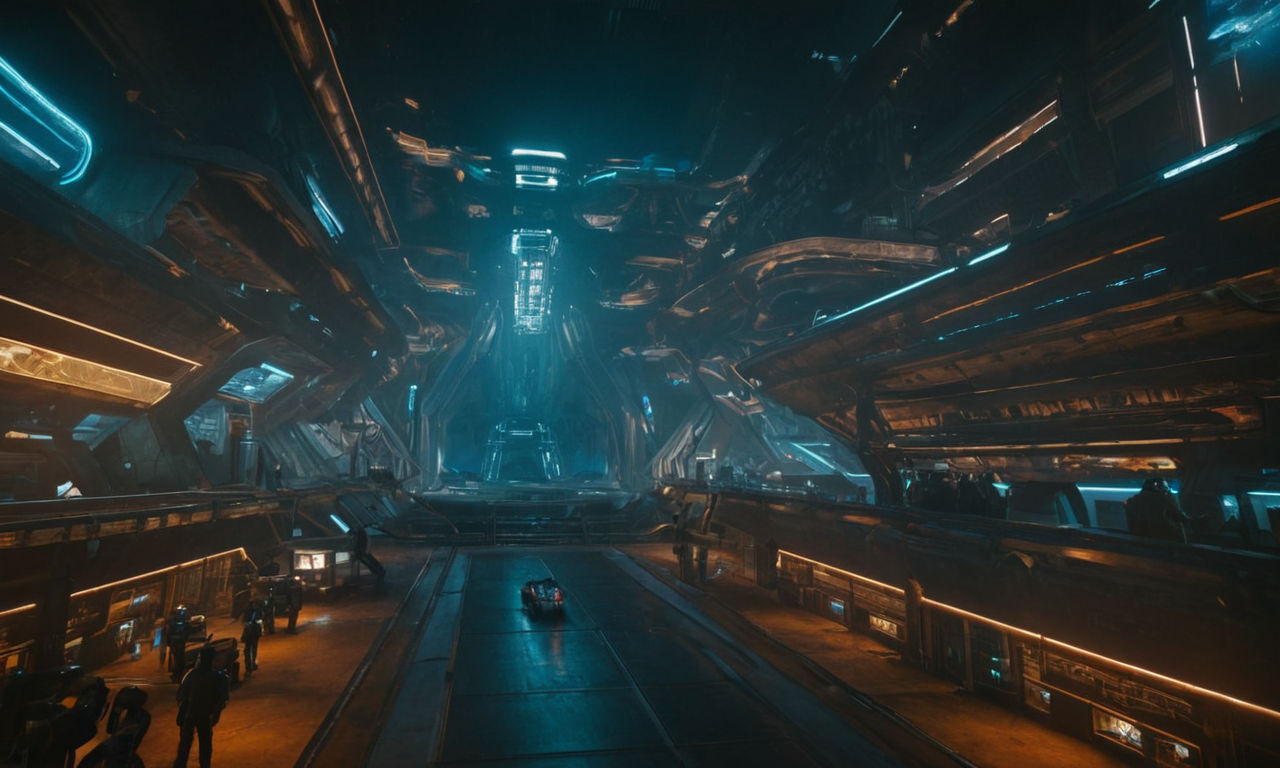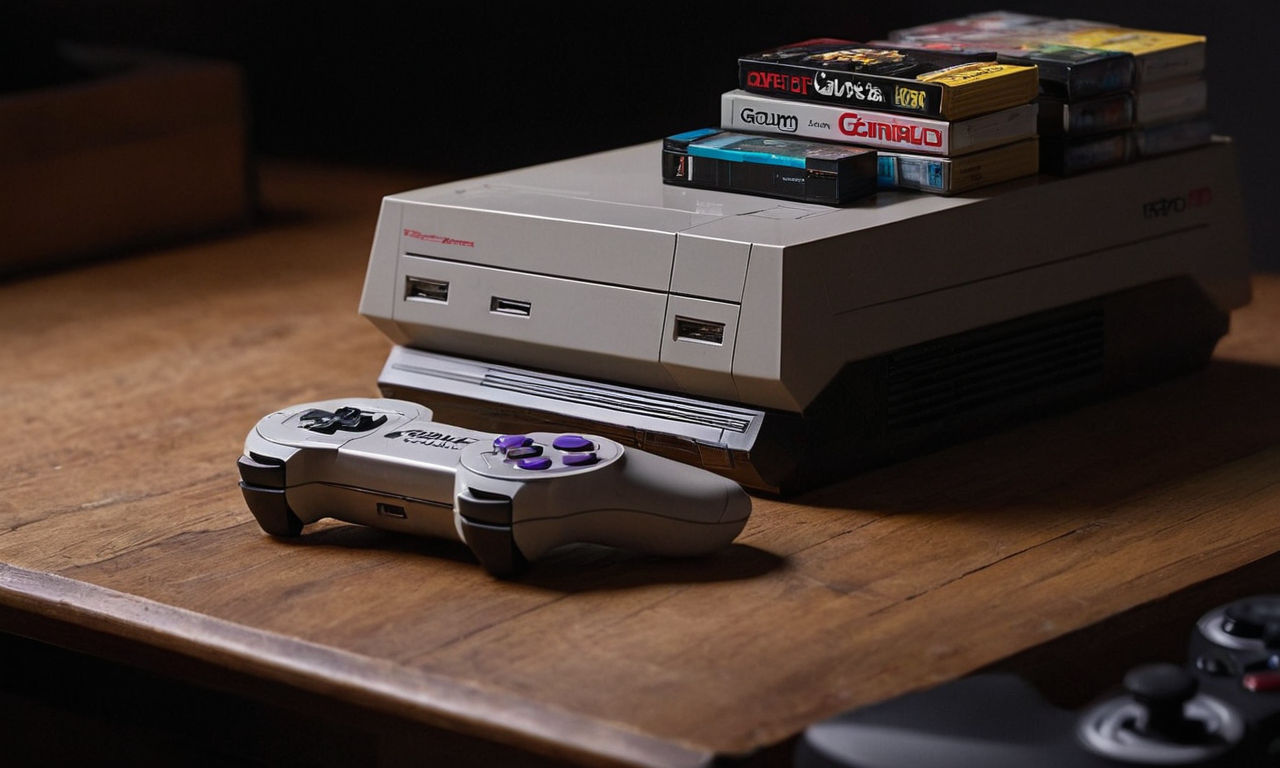Introduction
Devil May Cry 2, a pivotal entry in the renowned Devil May Cry series, has long been a subject of debate and critique within the gaming community. Released to mixed reviews, this installment faced significant backlash for its departure from the beloved elements that defined the franchise. The concept of a potential remake has sparked conversations among fans and critics alike, raising intriguing possibilities for revitalizing this divisive game.
The Legacy of Devil May Cry 2
Devil May Cry 2 holds a unique place in the legacy of the Devil May Cry series. While the original game solidified the series' reputation for its stylish combat and charismatic protagonist, Devil May Cry 2 took a different direction. It marked a shift in tone and gameplay mechanics that deviated from the formula that fans had come to love. Despite its shortcomings, Devil May Cry 2 contributed to the evolution of the series and set the stage for future installments.
The critical reception and fan response to Devil May Cry 2 were markedly different from its predecessor. Critics criticized the game for its lackluster combat mechanics, uninspired level design, and a perceived lack of challenge. Fans, on the other hand, expressed disappointment over the diluted complexity and depth that had been a hallmark of the series. This divergence in opinion highlighted the challenges the game faced in maintaining the high standards set by its predecessor.
Controversies and Shortcomings
Devil May Cry 2 was mired in controversies and shortcomings that cast a shadow over its release. One of the key criticisms centered around the character development of the protagonist, Dante, whose personality and charm seemed to have been toned down significantly. The game's combat system, which was considered less engaging and strategic compared to the first installment, failed to captivate players as expected.

Moreover, Devil May Cry 2 struggled to deliver levels that felt distinct, immersive, and challenging. The lack of environmental variety and intensity in combat encounters left players craving the adrenaline-fueled experiences characteristic of the series. These shortcomings not only impacted the game's replay value but also clouded its overall reception among fans and critics alike.
In conclusion, Devil May Cry 2's tumultuous journey from inception to release underscores the complexity of game development and the challenges of meeting fan expectations. By analyzing the legacy, controversies, and shortcomings of Devil May Cry 2, we gain a deeper understanding of the factors that have fueled the ongoing debate surrounding a potential remake of this polarizing title.
The Case for a Remake
Devil May Cry 2, despite being part of a beloved franchise, has long been surrounded by controversy and criticism. However, there are compelling arguments in favor of a remake that could potentially breathe new life into this polarizing installment. Here are five reasons why Devil May Cry 2 deserves a remake:
Improved Gameplay Mechanics: One of the primary reasons for a remake is the opportunity to enhance the gameplay mechanics. Devil May Cry 2 was criticized for its lackluster combat system and simplified gameplay compared to its predecessor. A remake could modernize the controls, add depth to combat, and introduce new features to align with current gaming standards.
Revisiting the Storyline: Devil May Cry 2's narrative was often considered weak and disconnected from the rest of the series. A remake could provide a chance to rework the storyline, add depth to character development, and potentially integrate it more cohesively into the overarching narrative of the Devil May Cry universe.
Visual and Audio Enhancements: With advancements in technology, a remake of Devil May Cry 2 could leverage improved graphics, sound design, and overall presentation. Enhancing the visual and audio aspects of the game could immerse players in the demon-infested world of Devil May Cry like never before.
Addressing Fan Feedback: The original release of Devil May Cry 2 received mixed reviews from fans and critics alike. By listening to the feedback and criticisms, a remake has the opportunity to address the issues that hindered the enjoyment of the game for many players, thus potentially winning back fans who were disappointed with the initial release.
Expanding the Player Base: Introducing a remake of Devil May Cry 2 can attract new players who may have been deterred by the flaws of the original version. By revitalizing the game with updated mechanics, visuals, and storytelling, the remake could draw in a fresh audience while also appealing to existing fans looking for a fresh experience within the series.
Analyzing the Fan Perspective
The fan community surrounding Devil May Cry 2 has been vocal about their opinions on the game and the ongoing debate regarding a potential remake. Fans have expressed varied perspectives, from critiques of the original game to hopeful anticipation for a remastered version. Here's an exploration of the fan community's sentiments:

Fan Theories and Desires
Fans have speculated on potential improvements that a remake could introduce, such as a more intricate combo system, additional playable characters, or expanded lore surrounding the demon-slaying world of Devil May Cry.
There is a desire among fans to see beloved characters like Dante and Lucia reimagined with updated designs and deeper backstories, offering a fresh perspective on familiar protagonists.
Impact of Fan Feedback
Fan feedback plays a crucial role in shaping the decisions of game developers. The vocal response from the community regarding Devil May Cry 2 can influence the direction of a potential remake, highlighting the importance of meeting fan expectations and addressing past criticisms.
Redemption and Revitalization
The concept of redemption through a remake presents a compelling opportunity for Devil May Cry 2 to reclaim its standing within the franchise and gaming community. By undergoing a revitalization process, the game can potentially achieve the following outcomes:
Modernization of Gameplay: Through a remake, Devil May Cry 2 could be brought up to modern gaming standards, offering players a more engaging and challenging experience that aligns with contemporary action game expectations.
Showcasing Potential: A remake has the potential to showcase the true essence of Devil May Cry 2 that may have been overshadowed by its initial shortcomings. By revitalizing the game, developers can demonstrate the strengths and uniqueness of the title to a wider audience.
Series Evolution: The success of a Devil May Cry 2 remake could have ripple effects on the entire series. It could pave the way for future installments to learn from past mistakes, innovate on gameplay mechanics, and further expand the rich universe of Devil May Cry for both existing fans and newcomers.

In conclusion, the case for a remake of Devil May Cry 2 goes beyond mere nostalgia, offering a chance for redemption, rejuvenation, and a renewed appreciation for a game that has the potential to shine with modern enhancements.
Game Remake Debate
In the gaming industry, there is an ongoing debate surrounding the merit of remaking classic games, such as Devil May Cry 2. This debate stems from the desire to introduce iconic titles to a new generation of players while also catering to the nostalgia of long-time fans. Let's delve into the arguments for and against this trend to understand its implications better.
Arguments for Game Remakes:
Preserving Gaming History: Remaking classic games allows developers to preserve the rich history of the gaming industry. Titles like Devil May Cry 2 hold significant value in the evolution of gaming, and remakes ensure that these experiences are not lost to time.
Modernizing Gameplay: By remaking older games, developers have the opportunity to enhance gameplay mechanics, graphics, and overall user experience. This modernization can attract a wider audience and provide a fresh perspective on beloved classics.
Financial Opportunity: From a business perspective, remakes can be financially lucrative. Reintroducing a well-known title like Devil May Cry 2 with updated features can attract both old and new players, generating revenue for developers and publishers.
Arguments against Game Remakes:
Lack of Originality: Critics argue that focusing on remakes detracts from the creation of new, original content. Some believe that resources should be allocated towards developing innovative titles rather than rehashing old ones.
Risk of Alienating Fans: Remakes walk a fine line between appealing to nostalgia and meeting modern gaming standards. Deviating too much from the original iteration, as seen in some remakes, can lead to disappointment among fans who cherish the original experience.
Impact on Creative Diversity: The emphasis on remakes may overshadow the need for diverse narratives and gameplay styles in the gaming industry. This can limit the exploration of new ideas and concepts in favor of relying on past successes.
Conclusion
In conclusion, the debate surrounding game remakes, like Devil May Cry 2, is multifaceted. While remakes offer opportunities to revitalize classic titles, they also pose challenges in preserving authenticity and fostering creativity in game development. For fans of the Devil May Cry series, a remake of Devil May Cry 2 could potentially address the issues that plagued the original release and deliver an enhanced experience for both new and existing players.
We have explored the controversies, shortcomings, and missed opportunities of Devil May Cry 2, highlighting the potential for a remake to breathe new life into the franchise. As the gaming community continues to discuss the prospect of remastering this iconic title, we encourage readers to share their thoughts on the importance and impact of revisiting classic games in the modern era. Join the conversation and let us know your stance on the potential for a remastered version of Devil May Cry 2.



